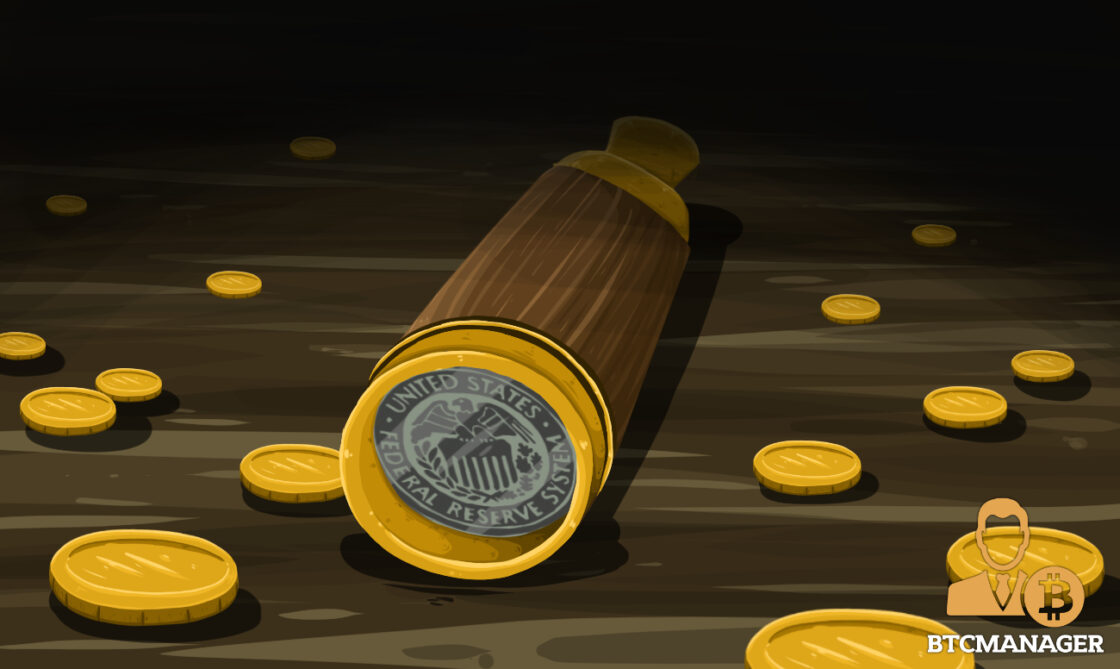PALO ALTO, Calif. (Reuters) - The Federal Reserve is looking at a broad range of problems around digital payments and currencies, consisting of policy, design and legal considerations around possibly issuing its own digital currency, Governor Lael Brainard said on Wednesday. Brainard's remarks suggest more openness to the possibility of a Fed-issued digital coin than in the past." By changing payments, digitalization has the possible to provide higher worth and benefit at lower expense," Brainard stated at a conference on payments at the Stanford Graduate School of Organization.
Central banks globally are disputing how to manage digital financing technology and the dispersed ledger systems used by bitcoin, which guarantees near-instantaneous payment at possibly low expense. The Fed is developing its own day-and-night real-time payments and settlement service and is presently reviewing 200 remark letters submitted late in 2015 about the suggested service's design and scope, Brainard said.

Less than two years ago Brainard told a conference in San Francisco that there is "no engaging demonstrated requirement" for such a coin. But that was prior to the scope of Facebook's digital currency ambitions were extensively known. Fed officials, consisting of Brainard, have actually raised concerns about customer defenses and data and privacy risks that https://s3.us-east-2.amazonaws.com might be posed what is the fed coin by a currency that might come into usage by the third of the world's population that have Facebook accounts.
" We are collaborating with other main banks as we advance our understanding of reserve bank digital currencies," she stated. With more countries checking out releasing their own digital currencies, Brainard stated, that adds to "a set of reasons to likewise be ensuring that we are that frontier of both research and policy advancement." In the United States, Brainard stated, problems that require research study consist of whether a digital currency would make the payments system more secure or easier, and whether it could present monetary stability dangers, consisting of the possibility of bank runs if money can be turned "with a single swipe" into the main bank's digital currency.
To counter the financial damage from America's extraordinary nationwide lockdown, the Federal Reserve has taken unmatched steps, including flooding the economy with dollars and investing straight in the economy. Most of these moves received grudging acceptance even from numerous Fed skeptics, as they saw this stimulus as needed and something only the Fed might do.
My new CEI report, "Government-Run Payment Systems Are Risky at Any Speed: The Case Versus Fedcoin and FedNow," information the threats of the Fed's present prepare for its FedNow real-time payment system, and propositions for central bank-issued cryptocurrency that have been called Fedcoin or the "digital dollar." In my report, I discuss issues about personal privacy, data security, currency manipulation, and crowding out private-sector competition and innovation.
Proponents of Additional info FedNow and Fedcoin state the federal government should develop a system for payments to deposit quickly, rather than encourage such systems in the private sector by raising regulative barriers. However as noted in the paper, the economic sector is supplying a relatively endless supply of payment technologies and digital currencies to fix the problemto the degree it is a problemof the time space in between when a payment is sent out and when it is received in a checking account.
And the examples of private-sector innovation in this area are numerous. The Clearing House, a bank-held cooperative that has actually been routing interbank payments in numerous kinds for more than 150 years, has actually been clearing real-time payments considering that 2017. By the end of 2018 it was covering 50 percent of the deposit base in the U.S.